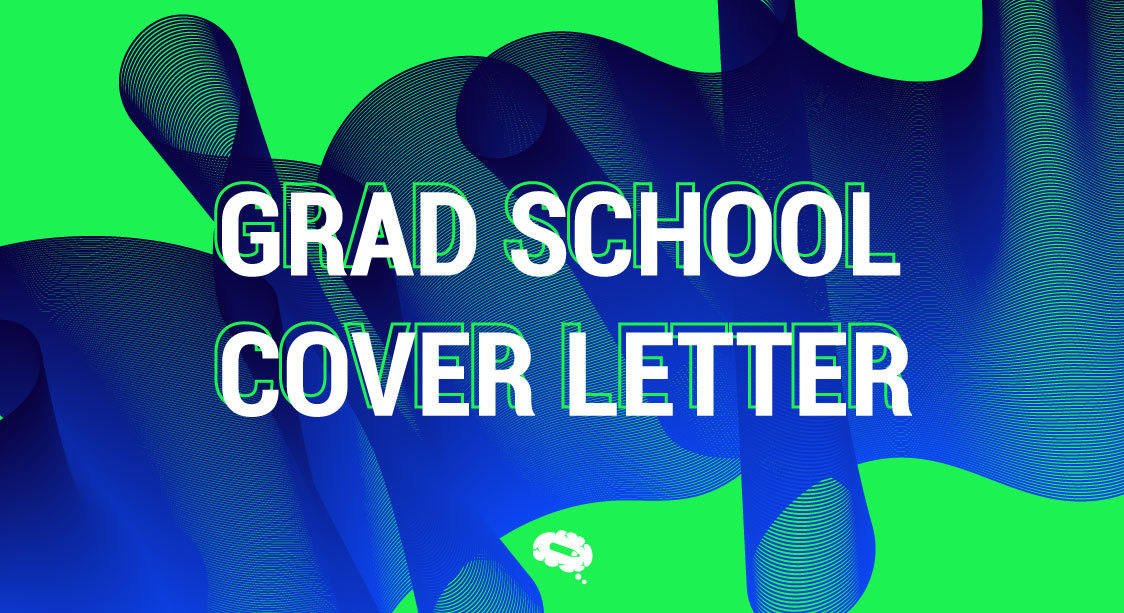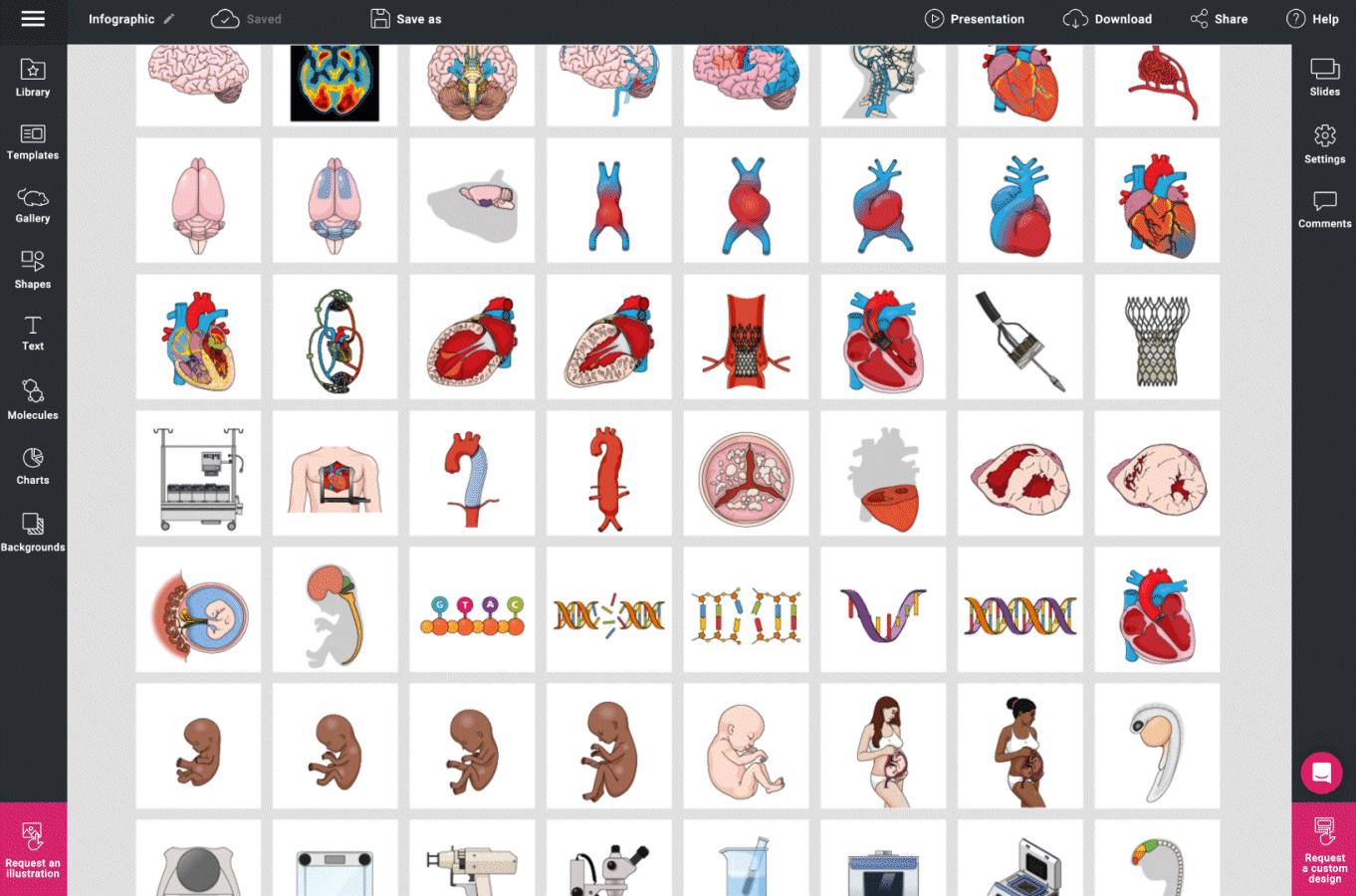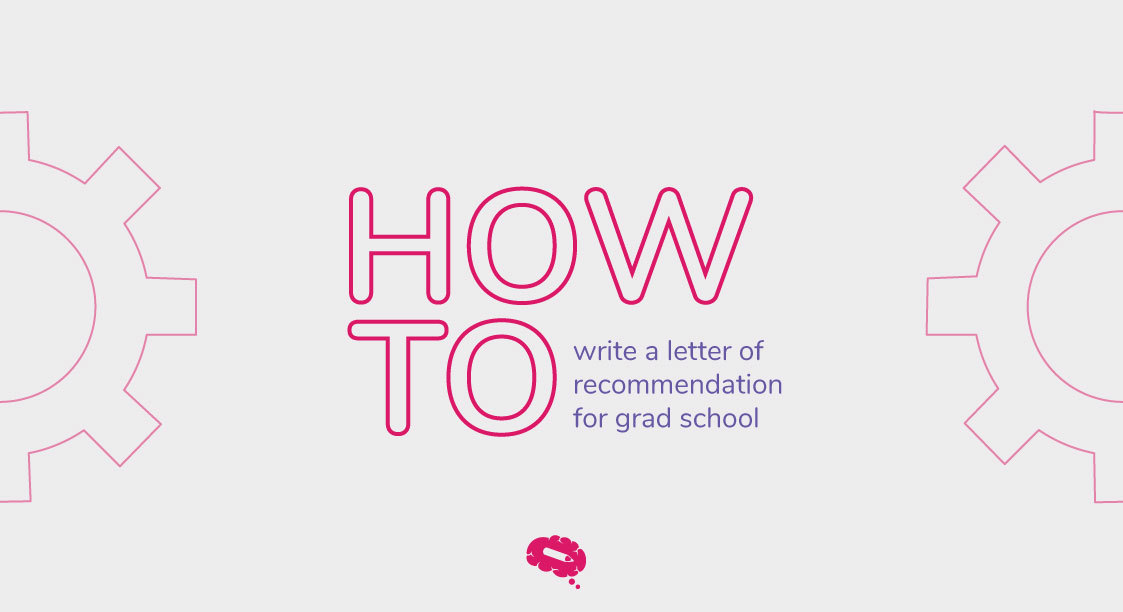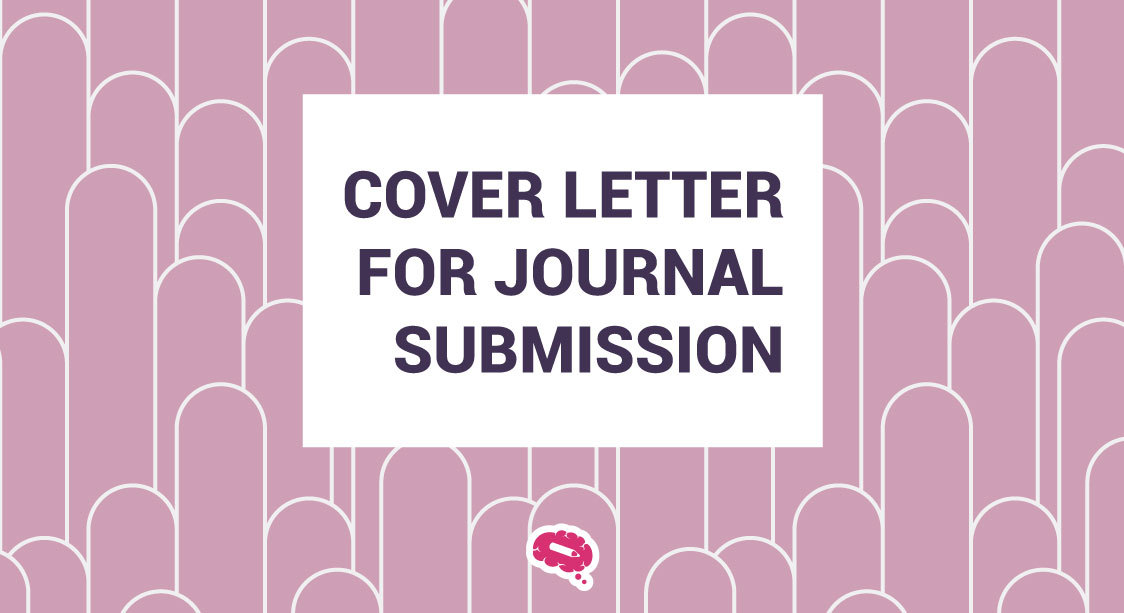Preparing for the graduate school program is more than just an application. A well-crafted Grad School Cover Letter can significantly affect your chances of being accepted. Know how to compose a persuasive letter that will engage the admissions committee and set you apart from other applicants.
Disclosure Of Grad School Resume Purpose
Your Grad School Cover Letter is not the only one included with your application. The introduction supports your academic achievement. It is your opportunity to showcase your personality, interests, and to tell why you are a good fit for the desired graduate school program.
Under Grad School Cover Letter Types
Discover the versatility of Grad School Cover Letters:
1. Handouts: Express general interest in the program.
2. Research-focused papers: Get involved in specific projects, and align them with the organization’s mission.
3. Customized pages: Adjust to different layouts, changing the text for each project accordingly to demonstrate exact fit.
Related article: How to Write an Effective Cover Letter for Journal Submission
Importance Of Your Grad School Paper Presentation
The grad school cover letter acts as a bridge between your experience, qualifications, and graduate school expectations. It’s not just a copy of your resume—it’s your narrative, presented in your own words.
Key Factors To Include In Your Grad School Cover Letter
• Personal Introduction: Briefly introduce yourself and describe your education.
• Research Interests: Highlight specific areas of interest, and link them to the organization’s focus.
• Learning Objectives: Identify your goals, career aspirations, and intentions for the program.
• Why this program: Describe the connection between program offerings and your interests. Whether it’s the work of a particular professor or a special program, broaden your interests.
• Conclusion: Summarize and express appreciation for the thoughts.
Make A Brainstorm And Create A Plan
Most people will list unremarkable descriptions of prior education and attachments. This is your chance to stand out. So let’s make it better.
The first thing you want to do before you start working on your application, or any graduate admissions course, is make a plan. Think about what you want to say in your cover letter and write it down.
Remember that you only have a few paragraphs to work with, and you don’t want to repeat information from your own content or other parts of the application.
Structure And Formatting
Structure your graduate school cover letter in a professional, clear, and concise manner. Note that this may go through several readers and they may not all be experts within your area of interest. Avoid overuse of technical jargon or industry-specific jargon.
Header With Contact Information
Also known as letterhead it should include your name, occupation, address, phone number and email.
Salutation
Speak professionally to the client, if you know. Otherwise, the usual “favorite selection committee” suffices.
Introductory Paragraph
Your opening sets the tone. Rope in their attention — perhaps with your own story or surprise action about your interest in the program. Start with a bang!
An interesting first paragraph makes them want to read more. Say something interesting about yourself or your interest in the community. Prepare your letter to convey why you and your graduate school are a match made at the top.
Briefly introduce yourself, discuss your current academic level and the program you are exploring. Connect your experiences to the program objectives. Show them how what you’ve done is preparing them for your goals.
Major Structures
Express your interest in the program. Let them know why you like their specific offerings or philosophies.
Be specific about your skills and discuss how they will help you excel in this particular master’s degree by citing examples from previous academic experiences that illustrate those skills.
It’s not all you name; It’s about highlighting what’s most influential and most relevant:
- Educational Background and Experience: Highlight your educational background, including degrees, honors, and related courses. Emphasize research experiences, internships, and publications that demonstrate your expertise in the field. Record your success rate whenever possible. Relate these experiences to your interest in the program.
- Research Interests and Goals: Clearly state your research interests, and focus on specific areas in science. Discuss how these interests developed and why they are important to your academic and career goals. Emphasize how the program aligns with these interests and supports your aspirations for the future.
Make sure each cover letter is tailored specifically to the company you are writing for. Check with the company to help you figure out how. Check out the company’s website and other resources online. You can also take advantage of the Massachusetts Institute of Technology (MIT)’s extensive alumni network through the Alumni Advisors Hub to gain first-hand knowledge, advice, and insights about the company.
Closing Paragraph
You explained to them what makes you a great candidate for this particular graduate program, and gave them the skills and experience to back it up. The next step is to show them that you’re not just throwing out generic applications to every school.
Support the graduate school cover letter with strong words and explain why their program speaks to you. Restate your interest and appreciation, and express interest in chatting again during the interview.
Postscript Or Handwritten Line
Tell the recruiter that you look forward to a reply, and that you are always reachable at the contact info provided. You might want to say you would be delighted to schedule an interview, in person or remotely, or you would welcome even an informal phone call. Write a polite closing statement expressing gratitude and readiness for further discussion.
Finish with signatures such as “Sincerely”, “Everything is the best” or another appropriate ending. Then add space and list your full name.
Best Format For A Cover Letter
A well-structured cover letter includes plans, policies, and procedures. The first thing to note is that in almost all cases, your cover should only be one page. In rare cases, double-page covers may be considered acceptable, but risky. In most cases, you have to trim the fat off your paper so that it fits on that first page.
Font And Spacing Requirements
- Select a professional font that is easy to read, such as Arial, Times New Roman, or Calibri. Consistency in font choice throughout the cover letter maintains a professional appearance.
- Use font sizes 11 or 12 for readability. Avoid using fonts that are too small or too fancy, as they can distract from the content and make the letter harder to read.
- Maintain a 1.5 spacing between lines for readability. Adequate spacing between paragraphs ensures a clean and organized appearance.
Polishing And Proofreading
Go over the technical parts of your writing: make sure your paragraphs fit together well, and make sure you haven’t made any obvious grammar, spelling, or spelling mistakes.
1. Read your letter carefully. A typo or grammatical error can distract from your message. Be sure to triple-check.
2. Do you have a friend or mentor to review your paper? Seek feedback and be open: fresh eyes might catch things you missed.
3. Make sure your letter is clear, concise, and flows well. A well-structured paper is easy to read and understand. Clarity should be key.
Final Tips For An Effective Grad School Cover Letter
- Rewrite the gist of your letter in one or two sentences. Remind them why you enjoy the program.
- Don’t exaggerate or imagine experiences. Be honest and truthful throughout.
- Exude enthusiasm and confidence in your abilities without being overly proud.
- Check out some cover letter templates and sample letters for inspiration.
- Explore online resources or books for additional tips on creating an outstanding paper.
Relates article: Academic Career – Make a Living Out of Learning
What HR Specialists Seek In Scholars’ Letters?

HR professionals, academic excellence managers, carefully sift through resumes for specific indicators of the candidate’s suitability for the graduate course Each category, carefully crafted as a cover letter, is indicative of the compatibility of the candidate with the system type.
Everything highlighted in the document—whether it’s clarity in stating goals, a strong connection between past experiences and future ambitions, or a concise demonstration of fit to the organization’s culture — enables HR professionals to gain a holistic view of the contribution a candidate can make.
Such a letter includes the essence of what HR professionals carefully look for a clear narrative that paints a clear picture of the candidate’s goals, which is not aligned with the program’s aspirations though.
1. Alignment with Program Goals
HR professionals are looking for candidates whose resumes demonstrate how their career aspirations align with the goals of the graduate school program. For example, highlighting how your interest in research meshes well with the program’s focus on environmental sustainability.
2. Research and Personalization
Candidates who delve into the institution, its faculty, and the specifics of the program stand out. For example, faculty mentioning recent publications or describing special projects of the program emphasize thoroughness and individualization of research.
3. Demonstration of Fit
HR professionals look for evidence that applicants understand the school’s culture, values and teaching style. Fair performance is reinforced through a narrative that reflects the ethos of the organization or is based on shared values
4. Clarity and Engagement
A well-structured and engaging writing style accommodates HR professionals. For example, start with a compelling story or story that leads right into the motivations behind your campaign.
5. Quality over Quantity
Focusing on a few quality experiences instead of listing a lot of activities attracts experts. Details of impactful experiences directly related to your aspirations reveal quality over quantity.
6. Authenticity and Passion
Genuine authenticity and passion for the field and the program takes over HR professionals. Sharing personal anecdotes or transformational moments that sparked your passion conveys authenticity.
7. Professionalism and Attention to Detail
Demonstrates professionalism by maintaining a professional voice and attention to formatting and grammar. It emphasizes attention to detail to ensure that the document is error-free and organized.
Also read: 11 Best Grammar Checker Tools For Academic Writing
8. Clear Articulation of Goals
It provides a way to define short-term and long-term learning and career goals. For example, it emphasizes clarity by explaining how the program fits into your goals and aspirations.
9. Connection of Experiences
A leader is strengthened by successfully linking past experiences to future learning and career goals. Emphasize connections that show how a particular experience shaped your goals and prepared you for the role.
10. Sincere Interest and Gratitude
Expressing sincere interest in the program and gratitude for the opportunity to apply for the job creates a positive outlook. Personalized appreciation by highlighting specific aspects of the program further reflects genuine interest.
Improve Your Capabilities
The following websites offer diverse perspectives and resources, providing comprehensive guidance for designing compelling graduate school cover letters.
The Princeton Review
The Princeton Review offers comprehensive guides and tips for crafting effective graduate school cover letters. Their resources cover various aspects, from structuring the letter to tailoring it for different programs.
Graduate Schools Magazine
Graduate Schools Magazine provides insights into the application process, including detailed articles on writing cover letters specifically for graduate school admissions. It offers step-by-step guidance and examples.
The Muse
The Muse features articles and expert advice on career development, including tips and templates for creating standout graduate school cover letters. Their resources cater to diverse audiences and offer practical strategies.
Kaplan Test Prep
Kaplan Test Prep guides various aspects of the application process, including advice on writing compelling cover letters for graduate school. Their platform offers strategies for making an impactful impression.
University Career Centers (Specific to respective universities)
Many university career centers, such as Harvard’s Office of Career Services or Stanford Career Education, offer online resources and guidance for writing effective graduate school cover letters. These resources are tailored to their respective university’s standards and requirements.
Empower Your Research With Mind the Graph!
Mind the Graph stands as your dedicated platform, tailored for researchers like yourself. Let us assist you in transforming your research data into captivating graphical abstracts. Our platform offers simplicity and even a dash of fun when you need a break. Subscribe to Mind the Graph today and enjoy complimentary access to all our templates. Need research-specific icons? Our experts are here to craft them just for you. Let us streamline your process, saving you time while leaving a lasting impression on your audience.

Subscribe to our newsletter
Exclusive high quality content about effective visual
communication in science.





